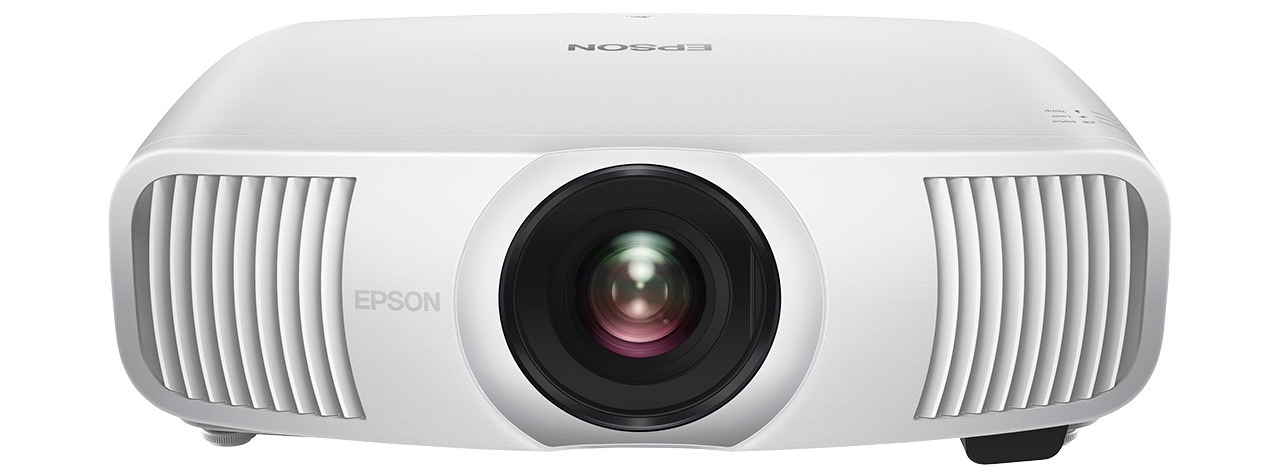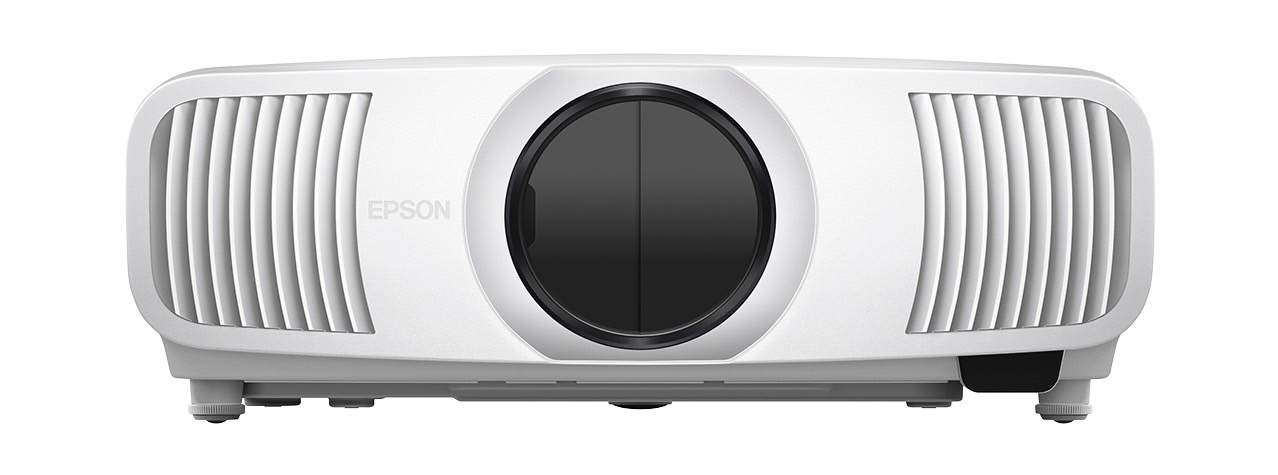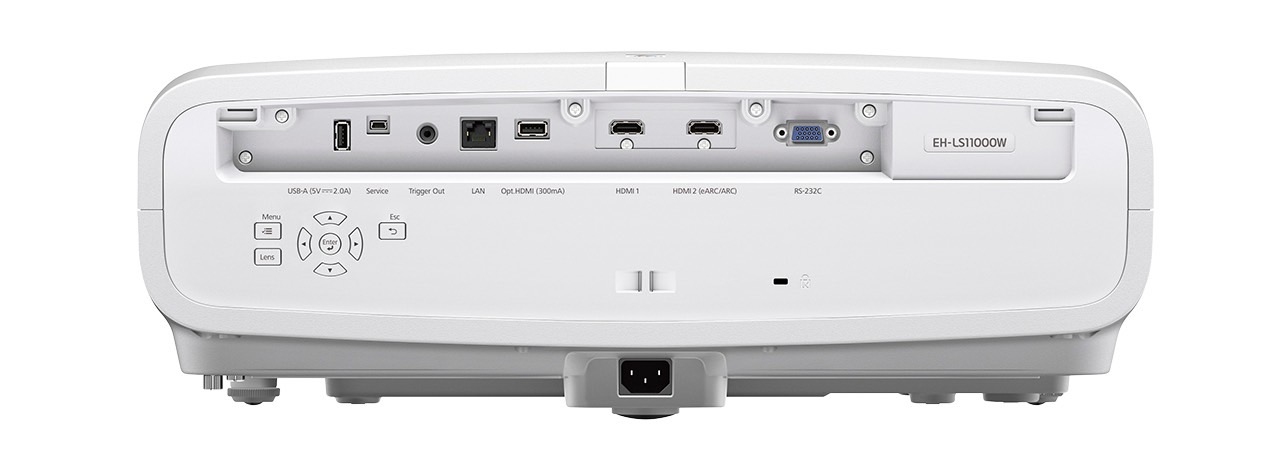After debuting its $4,999 flagship Pro Cinema LS12000 4K HDR laser projector earlier this year, Epson is back with a slightly more affordable way to project 4K HDR images at home with the $3,999 Home Cinema LS11000 4K Pro-UHD laser projector (V11HA48020). It’s available starting in late March through the Epson online store and select retailers.
Other than the colors (black for the more expensive model versus white for the Home Cinema) and some performance differences, the LS11000 and LS12000 share a lot of the same features. Both use Epson’s multi-array laser diodes as their light source, which is converted into a viewable image through a triple-chip LCD system. The company claims this gives the projectors incredible picture brightness, black contrast, and color accuracy, with 100% of the RGB color signal for every frame. It also avoids problems like rainbowing or uneven color brightness that can affect some other projection technologies.

The LS11000 also inherits the LS12000’s full complement of ports and format compatibility. The rear of the projector sports two HDMI 2.1 ports — one is an input only while the other is an input/output with HDMI ARC/eARC capabilities. Both ports support HDR formats like HDR10, HDR10+, and HLG (though not Dolby Vision), and the projector can also handle 4K @ 120Hz with input lag times below 20 milliseconds — which makes for a pretty good gaming setup as long as you’re not too fussed about the absence of variable refresh rate (VRR).
That HDMI ARC/eARC port has excellent passthrough support of audio formats when connected to an eARC soundbar or A/V receiver, including LPCM, Dolby Digital AC-3, Dolby Digital Plus, Dolby TrueHD, Dolby Atmos, DTS, DTS-HD, DTS-HD High Resolution Audio, Master Audio, DTS:X, and AAC. But you should be aware that if your audio products only support ARC, you’ll be limited to just LPCM, Dolby Digital (AC-3), DTS, and AAC, which means no 3D surround support for Dolby Atmos or DTS:X.
For installations that require more flexibility in terms of placement, Epson’s 3-way motorized lens lets you shift the lens up to +/- 96% horizontally and up to +/- 47% vertically without picture distortion or loss of clarity, according to the company’s press release. You can also set the zoom and focus, then store all the settings in one of 10 lens memory presets.
So what’s the difference between the LS11000 and LS12000? After all, there’s a $1,000 price difference between the two models. It comes down to brightness (the LS12000 can generate up to 2,700 lumens, while the LS11000 taps out at 2,500) and contrast ratio (the LS12000 has an impressive 2,500,000:1 ratio, while the LS11000 reaches less than half of that at 1,200,000:1).
The LS12000 also comes with its own ceiling mount, rear cable cover, and compatibility with optional third-party anamorphic lens kits. For folks who can keep their viewing room nice and dark and don’t need to mount their projector to the ceiling, the LS11000 definitely looks like a viable way to save some money.






